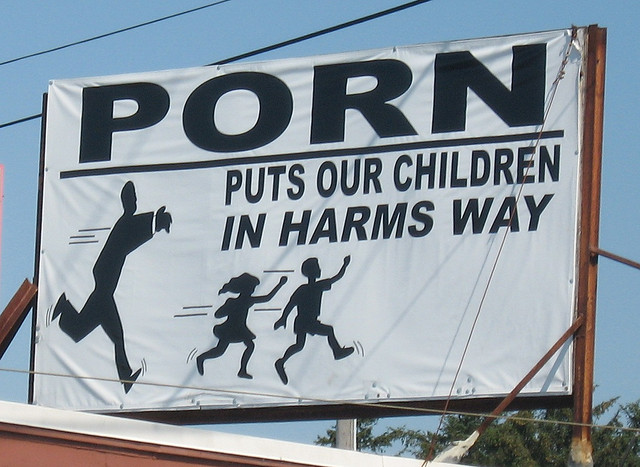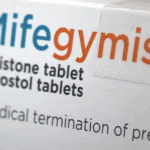Pornography
Texas scores victory against the porn industry–and French human rights watchdog advocates porn ban
In a victory for the forces of sanity and innocence, the U.S. Fifth Circuit Court of Appeals voted in favor of Texas Attorney General Ken Paxton on Friday, November 15 in his bid to protect a law requiring age verification on porn websites.
The law – House Bill 1181 – was passed earlier this year by the Texas Legislature and required porn sites to verify the age of all users in an attempt to keep damaging sexual content away from minors. All users are required to verify that they are at least 18 years old, and porn sites are also required to post a warning “describing the harmful medical and societal effects of pornography consumption as well.”
Representatives of several smut giants all sued to halt the law on freedom of speech grounds, with representatives claiming that porn is a “right.” A district court judge halted the law’s implementation with an injunction, which has now been overturned.
“Texas has a right to protect its children from the detrimental effects of pornographic content,” Paxton stated in a press release. “As new technology makes harmful content more accessible than ever, we must make every effort to defend those who are most vulnerable.”
In fact, a senior community manager with Pornhub who has been with the company for years admitted that age verification dramatically impacts their traffic – a de facto admission that huge numbers of minors are regularly viewing their poisonous content.
“Mindgeek [Pornhub’s parent company] loses money,” she wrote. “Any age verification devastates traffic. I know the conspiracy is somehow we come out ahead with ‘AgeID’ but we aren’t. Pornhub stands to lose 50%+ traffic.” The manager noted further: “It costs us money to verify, and overall it’s a disaster.”
Porn site owners recognize that the Texas law is a disaster in more ways than one. It isn’t just profits – any company found to have violated the ager verification law will now face fines up to $10,000 a day, with an extra $10,000 a day tacked on “if the corporation illegally retains identifying information,” as the attorney general’s press release noted. The law also makes porn companies liable for exposing minors to pornography, facing fines of $25,000 if a child is exposed to porn as a result of the site failing to verify their age.
As anti-Pornhub activist Laila Mickelwait, founder of the #TraffickingHub movement, put it on X: “Now Big Porn is liable for child exploitation.”
As I noted earlier, the sheer scale of the social damage being perpetrated by the porn industry is prompting a rare reckoning with this omnipresent aspect of the sexual revolution. France’s equality watchdog is recommending an outright ban, with pornographic content being subjected to the same laws as prostitution. As the Guardian reported earlier this month in a report by French journalist Marie Le Conte:
It is France’s turn to agonise over adult content, how it’s produced, what it leads to and whether it should be banned. The catalyst was a report launched by the High Council for Equality Between Women and Men (HCE), a government-nominated watchdog on gender equality.
Across more than 200 pages, the report, Pornocriminalité, makes the case that the pornography industry has been skirting around laws on physical and sexual abuse, promoting harmful behaviour and standards, and having ‘the intention […] to make women suffer because they are women.’
Many of the facts and numbers in the report are deeply concerning. According to their research, 51% of 12- and 13-year-old boys and 31% of girls watch pornography at least once a month. The median age at which children watch pornography for the first time was 14 years old in 2017, but just 10 in 2020. In 2019, Xhamster, one of the most popular pornography sites in France, published its list of most-searched keywords. ‘Rape’ was ninth. ‘Beurette,’ racist slang for a young north African woman living in France, was first.
She observes that solutions to this problem are hotly debated and difficult to implement, and concludes with remarkable moral clarity: “No one agrees, nothing happens, and the people abusing women and poisoning the minds of those who watch them are the ones laughing all the way to the bank.” She’s right – but what is encouraging is the fact that across the political spectrum, there is a previously unthinkable agreement that something must be done about pornography. When Texas conservatives and French leftists agree on something, it is clear that we have reached an important inflection point in the debate about the harms of online porn.








